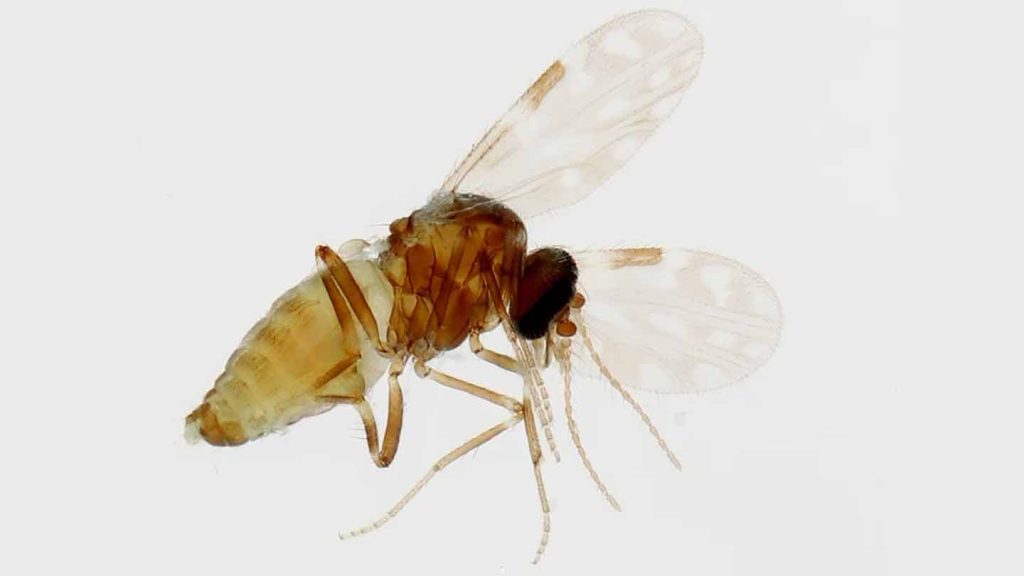In Brazil, the Oropouche virus has caused a significant outbreak this year, with more than 8,000 reported cases as of mid-October. This outbreak is considered to be the largest in the Americas in 2021, with other countries like Peru and Cuba also reporting cases. Symptoms of Oropouche fever include fever, chills, joint pain, and severe headaches. The virus is primarily transmitted through the bite of Culicoides paraensis midges and occasionally by mosquitoes, and similar to Zika, there are currently no specific treatments or vaccines available for the virus.
Recent research has suggested that Oropouche virus may also be transmitted sexually, as functional virus particles were found in the semen of a man diagnosed with Oropouche fever. This potential mode of transmission is reminiscent of Zika, which also had sexual transmission capabilities during the 2015-2016 outbreak in the Western Hemisphere. The ability of Oropouche virus to be sexually transmitted further adds to its complexity and potential for widespread infection.
The confirmation of cases where the virus has spread from pregnant women to their fetuses has raised concerns about the impact of Oropouche virus on pregnancy. Several cases of stillbirths and deaths of newborns with congenital anomalies have been linked to maternal transmission of the virus in Brazil. The sudden deaths of young women who developed Oropouche fever and the severe effects on unborn babies have highlighted the urgent need for more research and understanding of this not-well-understood virus.
As the outbreak in Brazil continues to grow and cases of Oropouche fever are reported in other countries in the region, it is crucial to prioritize research and public health efforts to control the spread of the virus. With similarities to Zika in terms of transmission and potential impact on pregnancy, Oropouche virus poses a significant public health challenge that requires coordinated global responses. Strengthening scientific literacy and supporting science journalism can play a vital role in raising awareness about emerging infectious diseases like Oropouche fever and ensuring informed decision-making in response to such health threats.


